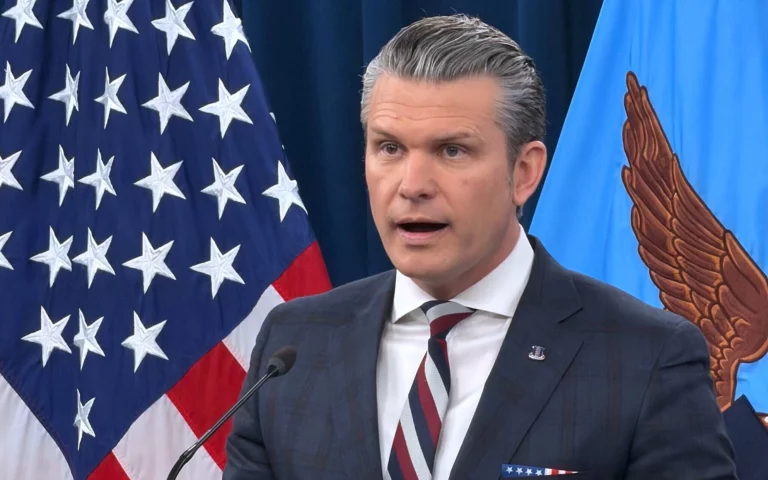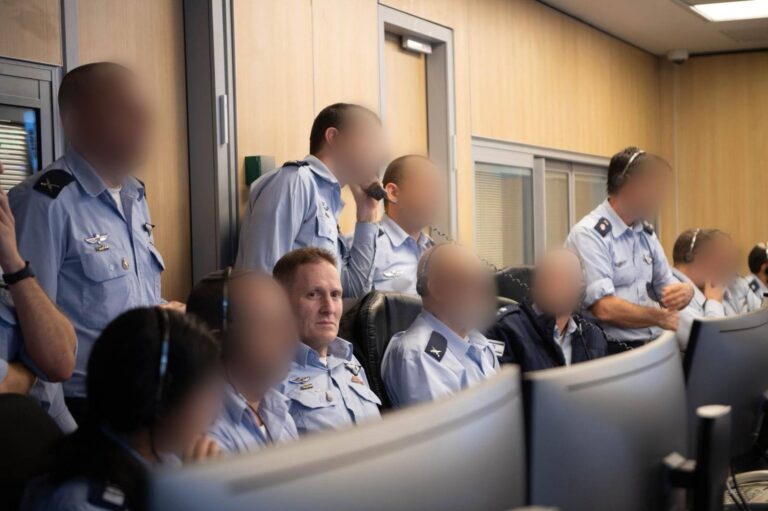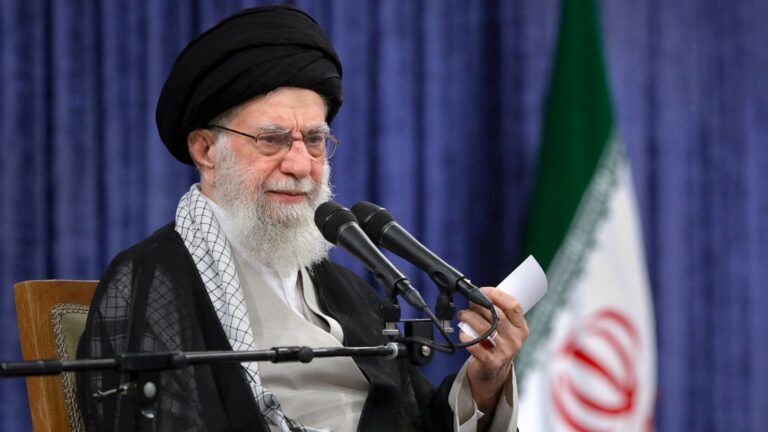 [VIDEO IN EXTENDED ARTICLE]
[VIDEO IN EXTENDED ARTICLE]
Through a joint effort of Rambam Medical Center and the PA (Palestinian Authority), a PA resident severely disabled by Parkinson’s disease received Deep Brain Stimulation therapy.
This month, a 51-year-old PA resident came to Rambam Medical Center for Deep Brain Stimulation (DBS) therapy in a successful bid to control the disabling symptoms of Parkinson’s disease.
Tarik Sadek Abu Baker, an accountant by profession, developed an aggressive case of early onset Parkinson’s disease at age 39. Twelve years down the line, he had stopped responding to Parkinsonian medications. On his behalf, the PA turned to the Movement Disorders Center at Rambam, directed by Senior Neurologist Dr. Ilana Schlesinger.
Deep Brain Stimulation therapy to correct movement disorders was pioneered by French neurosurgeon Prof. Alim-Louis Benabid in 1987 and has been available to the medical community since approximately 1999. It has been available in Israel since 2003 and at Rambam since 2008. The surgery involves implanting two electrode-equipped leads in the brain and two battery operated neurostimulators in the chest.
The Movement Disorders Center at Rambam has treated approximately 25 DBS patients over the past 4 years and has quietly made a name for itself throughout the Middle East, with inquiries reaching Dr. Schlesinger from as far afield as Iran.
Nurse Ilana Erikh, who coordinates the Movement Disorders Center, remembers initially evaluating the suitability of Mr. Abu Baker for the treatment. The evaluation requires overnight hospitalization and withdrawal of Parkinsonian medications in order to determine which movements a Parkinson’s patient can perform without the drugs.
“I had never seen a patient that bad,” she recalls. “He could barely move or talk because of severe rigidity and tremors. It hurt me to see so young a person entirely disabled and trembling, who couldn’t do anything without assistance. He obviously needed extraordinary measures.”
In June, Prof. Menashe Zaaroor, Director of the Department of Neurosurgery, implanted the leads and neurostimulators. Three weeks later, the patient reported again to Dr. Schlesinger. She and her team members, Neurologist Dr. Maria Nassar and Nurse Erikh, switched on the neurostimulators’ batteries and calibrated the voltage. Within an hour of stepping into the clinic, the patient was a new man. He could walk and move freely. He had no visible signs of his disease. Neither medications nor DBS therapy can cure Parkinson’s disease; they can only address the symptoms – but those symptoms or their absence make the difference between severe disability and good quality of life.
“[Mr. Abu Baker] went from being a very sick man to being a healthy man,” Ms. Erikh says. “I’m happy for him because he has the emotional strength to enjoy what he has received and use it for personal good. I’m happy for all our patients who regain their independence and can return to doing simple day-to-day activities.”
The patient’s wife, Ginan Salim Abu Baker: “We have received warm consideration at Rambam, and we were made very happy last week because my husband, who has needed me to help him with personal hygiene, eating, and preparing for sleep, has improved and doesn’t need my assistance anymore. We didn’t expect such quick results.”
Click HERE to watch this video on a mobile device.
(YWN – Israel Desk, Jerusalem)











One Response
If you think for one second that this would stop the hatered the muslems have to Jews, you don’t begin to understand the deep hatered and lack of gratitude that’s so deeply part of their life.